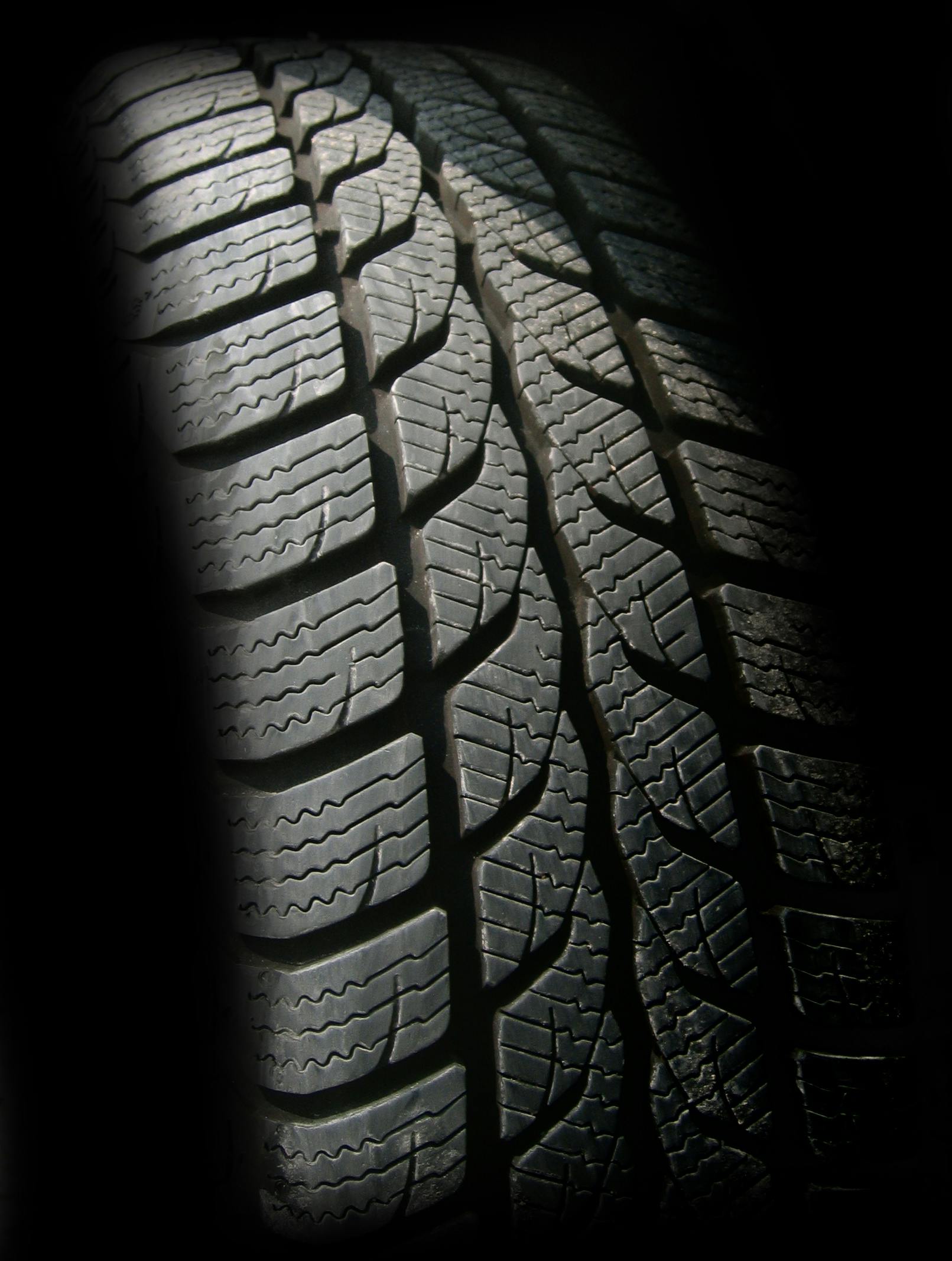Benefits Of Using Dedicated Winter Tyres vs All Season Options
When temperatures drop and road conditions become challenging, the choice between dedicated winter tyres and all-season alternatives can significantly impact your vehicle's performance and safety. Understanding the distinct advantages of specialized winter tyres helps drivers make informed decisions about their seasonal driving needs, ensuring optimal traction, braking performance, and overall road safety during harsh winter months.

Winter driving presents unique challenges that require specialized equipment to navigate safely. The rubber compounds, tread patterns, and construction methods used in different types of tyres directly influence how vehicles handle snow, ice, and cold pavement conditions.
What Makes Winter Tyres Different From Regular Tyres
Winter tyres feature specialized rubber compounds that remain flexible in temperatures below 7°C (45°F), while standard tyres become rigid and lose grip. The tread patterns include deeper grooves, additional sipes (small slits), and unique block designs that channel snow and slush away from the contact patch. These design elements work together to maintain traction on slippery surfaces where conventional tyres would struggle.
The construction of winter tyres also incorporates specific materials like silica compounds that enhance grip on wet and icy roads. Unlike summer tyres, which prioritize fuel efficiency and quiet operation, winter tyres focus entirely on cold-weather performance and safety.
Understanding All Season Winter Tires Performance
All season winter tires attempt to provide year-round versatility by combining elements from both summer and winter tyre designs. These tyres use moderate tread depths and rubber compounds that function adequately across various temperature ranges. However, this compromise approach means they cannot match the specialized performance of dedicated seasonal tyres in extreme conditions.
In mild winter climates with occasional snow or frost, all-season tyres may provide sufficient performance for daily driving. They eliminate the need for seasonal tyre changes and storage, offering convenience for drivers in regions with moderate weather patterns. The tread life of all-season tyres typically exceeds that of winter-specific options due to harder rubber compounds.
Key Benefits Of Using Dedicated Winter Tyres
Dedicated winter tyres provide superior stopping power on snow and ice, reducing braking distances by up to 40% compared to all-season alternatives. The enhanced traction translates to improved acceleration and cornering stability, particularly important when navigating hills, curves, or emergency situations during winter storms.
The deeper tread patterns and specialized siping create thousands of biting edges that grip ice and packed snow. This design philosophy prioritizes maximum traction over tread longevity, resulting in significantly better performance during the coldest months of the year.
Winter tyres also maintain their effectiveness in temperatures where all-season tyres begin to harden and lose flexibility. This temperature threshold typically occurs around 7°C, making winter tyres beneficial even on dry pavement during cold weather.
Comparing Winter Tyre Options and Costs
The investment in winter tyres varies significantly based on vehicle size, brand selection, and performance requirements. Understanding typical pricing helps drivers budget for seasonal safety upgrades.
| Tyre Type | Size Range | Cost Estimation | Key Features |
|---|---|---|---|
| Budget Winter Tyres | 15-17 inch | $80-120 per tyre | Basic winter compound, standard tread |
| Mid-Range Winter Tyres | 16-18 inch | $120-200 per tyre | Enhanced siping, improved durability |
| Premium Winter Tyres | 17-20 inch | $200-400 per tyre | Advanced compounds, optimized tread patterns |
| All-Season Performance | 15-19 inch | $100-250 per tyre | Year-round versatility, moderate winter grip |
Prices, rates, or cost estimates mentioned in this article are based on the latest available information but may change over time. Independent research is advised before making financial decisions.
Installation and Maintenance Considerations
Proper installation timing affects winter tyre effectiveness, with most experts recommending mounting when temperatures consistently drop below 7°C. Professional installation ensures proper balancing and alignment, maximizing tyre performance and longevity.
Storage of off-season tyres requires clean, dry conditions away from direct sunlight and temperature extremes. Many tyre retailers offer seasonal storage services, eliminating the need for home storage space while ensuring proper care.
Regular pressure monitoring becomes crucial during winter months as cold temperatures cause air pressure to drop. Maintaining manufacturer-recommended pressure levels preserves tyre performance and prevents premature wear patterns.
Making the Right Choice for Your Driving Needs
The decision between dedicated winter tyres and all-season alternatives depends on local climate conditions, driving frequency during winter months, and personal risk tolerance. Drivers in regions with consistent snow, ice, or temperatures below freezing benefit most from dedicated winter tyres.
Vehicle type also influences tyre selection, with rear-wheel and all-wheel drive vehicles often requiring winter tyres for optimal performance. Front-wheel drive vehicles may function adequately with all-season tyres in moderate climates but still benefit from winter-specific options during severe weather.
The enhanced safety margin provided by winter tyres often justifies the additional cost and inconvenience of seasonal changes. Reduced accident risk, improved confidence in winter driving conditions, and shorter stopping distances contribute to overall driving safety during challenging weather periods.




